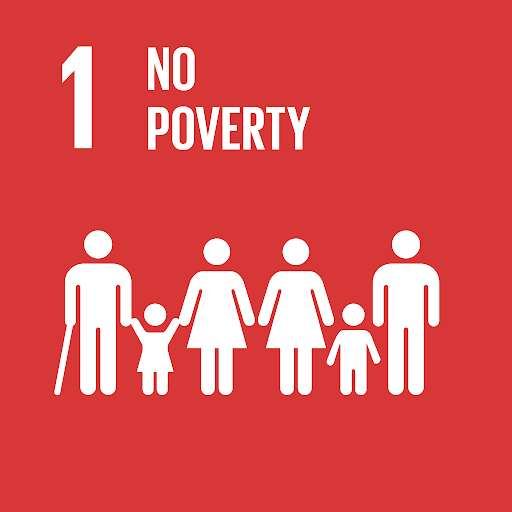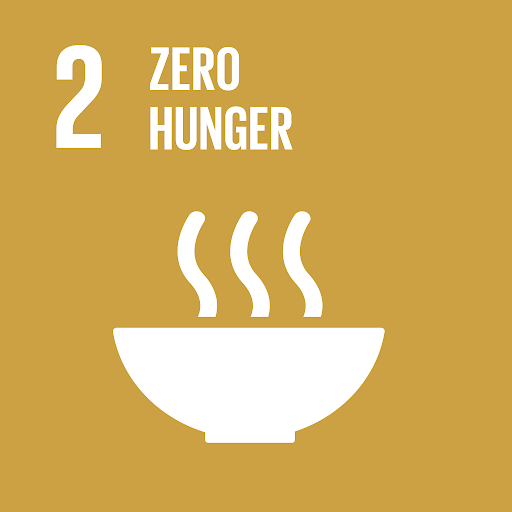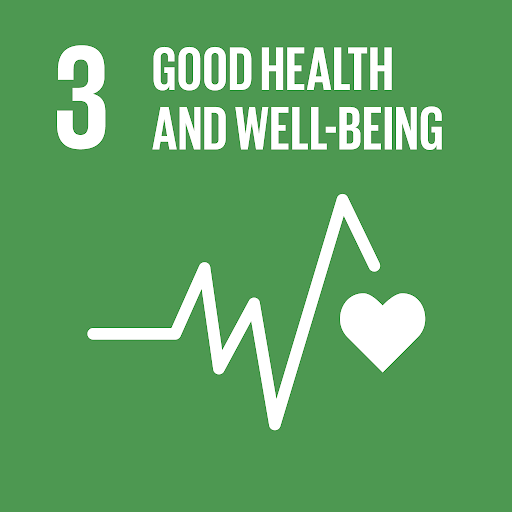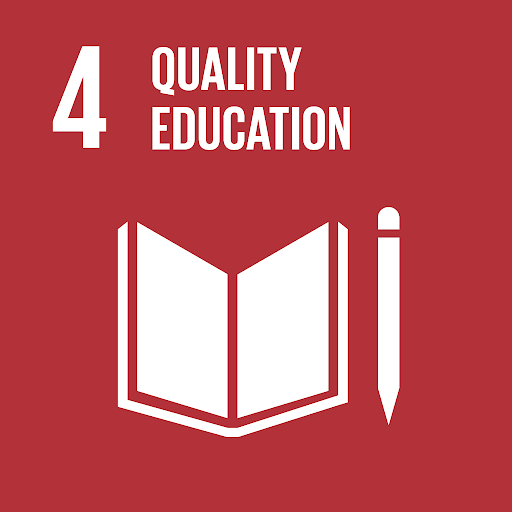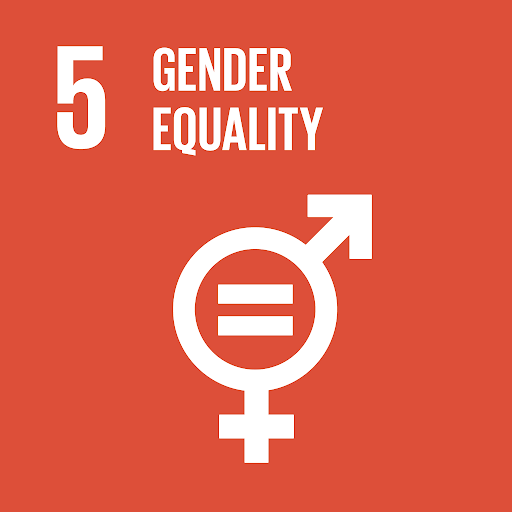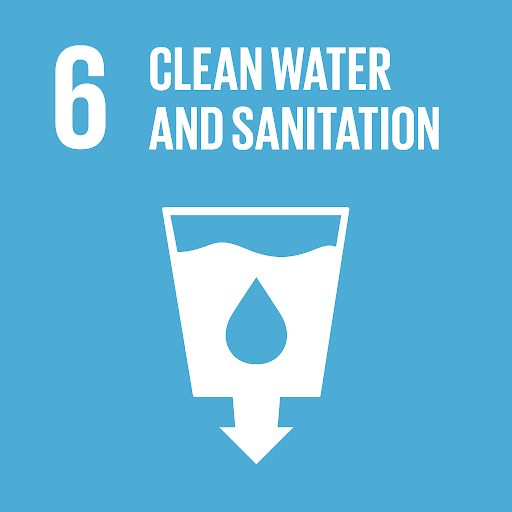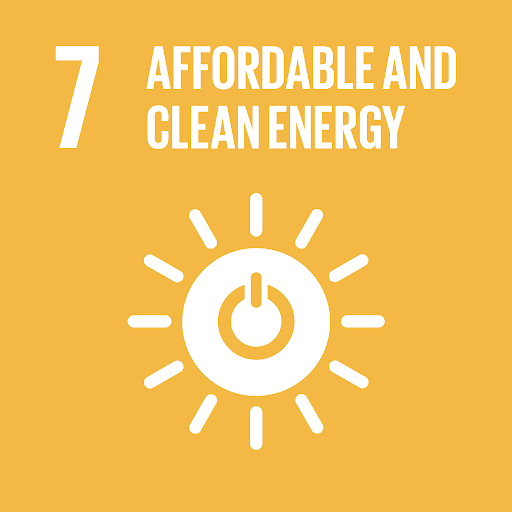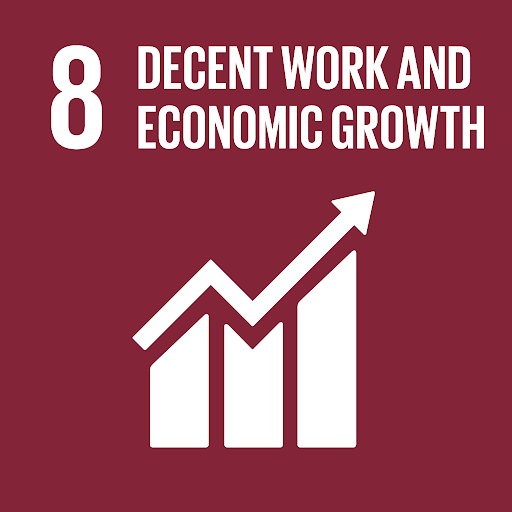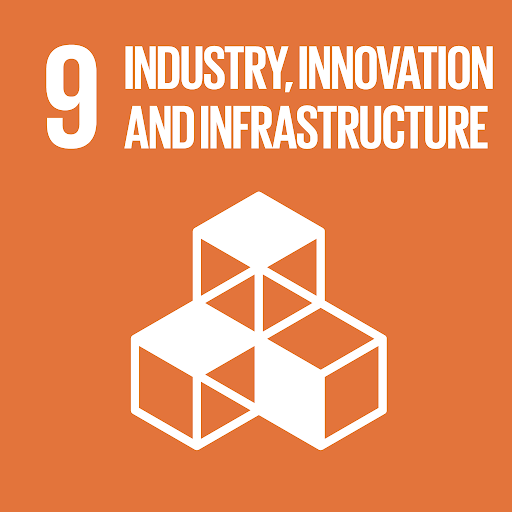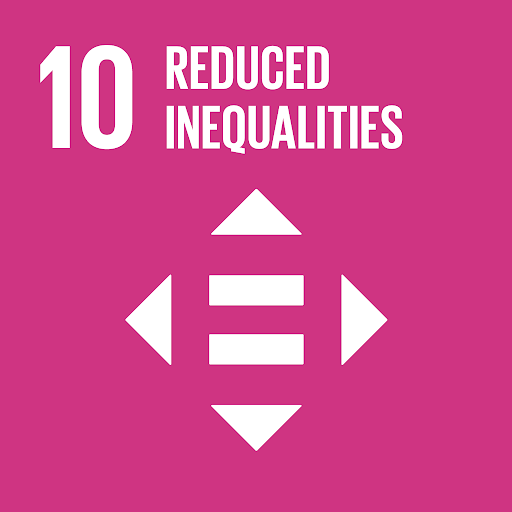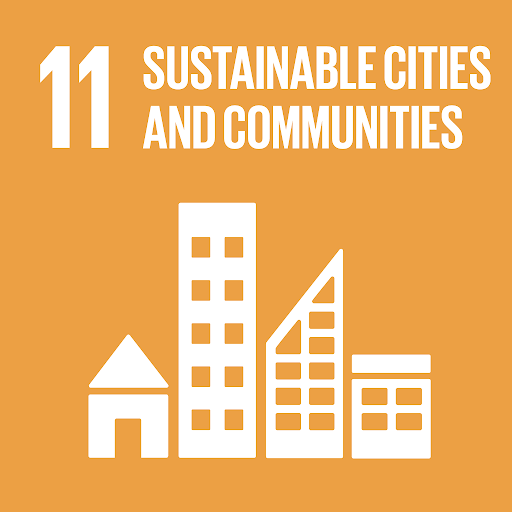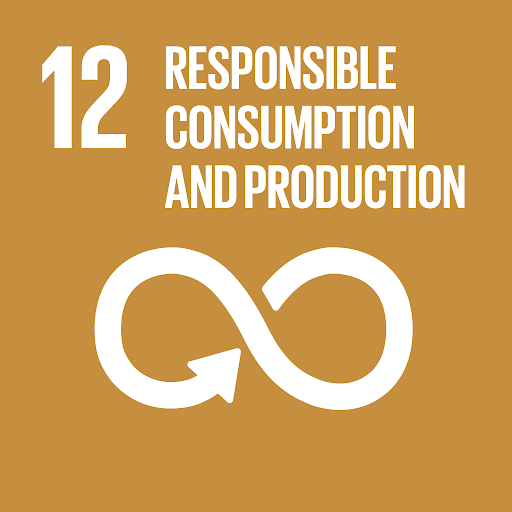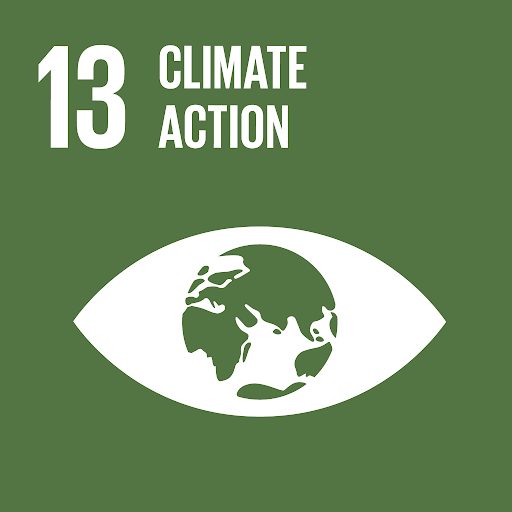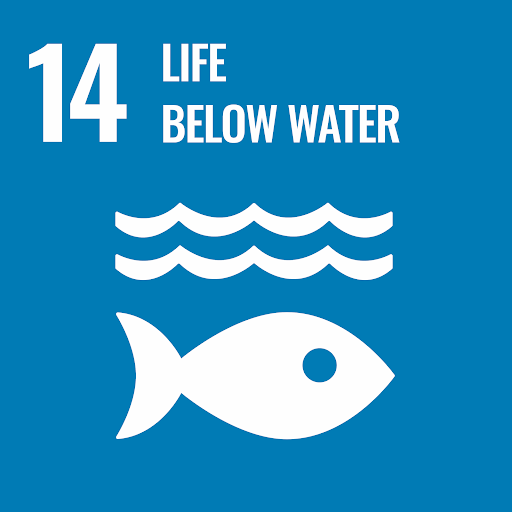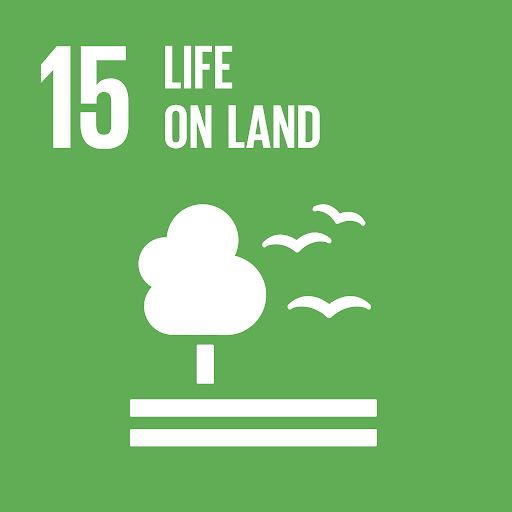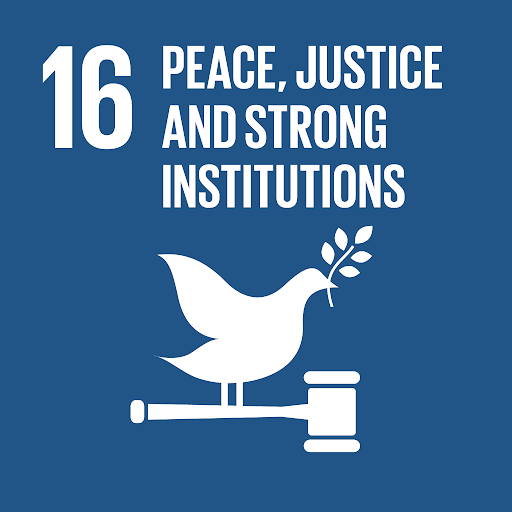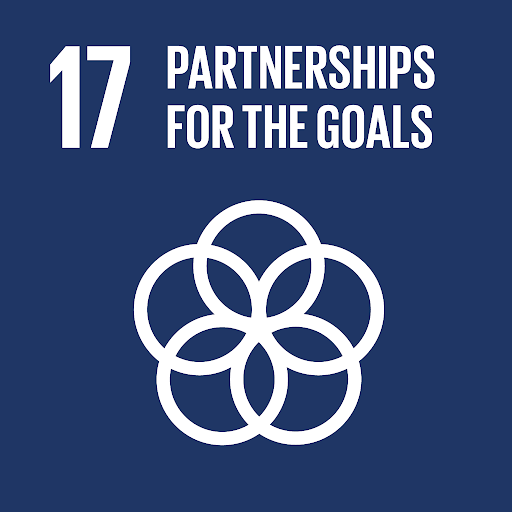Spotlight on the SDGs
Are UN member states on track to achieve the SDGs by 2030?

UNA-NCA’s Advocacy Team produces broad progress reports on the 17 Sustainable Development Goals. To learn more, select one of the SDGs below to download our report.
SDG #1 - End Poverty In All Its Forms Everywhere
Poverty entails more than surviving on less than $1.90 a day — it reflects a shortage of productive resources that ensure sustainable livelihood. It can manifest as hunger and malnutrition, limited access to education, social exclusion, and a lack of participation in decision-making processes. The first goal on the United Nations Sustainable Development agenda focuses on eradicating poverty in all its forms, as poverty is one of the most challenging roadblocks to achieving meaningful progress in sustainable development. While the world has made significant headway over the last thirty years, the pace of poverty reduction has since slowed down and is further jeopardized by climate-related disasters and the COVID-19 crisis.SDG #2 - End hunger, achieve food security, and improved nutrition and promote sustainable agriculture
Nearly 690 million people are hungry, comprising 8.9% of the global populous. Millions of children suffer from extreme hunger and malnutrition, leaving them vulnerability to diseases and hindered in opportunities for educational success and gainful employment. Extreme hunger is a barrier to sustainable development and cultivates cyclical traps of poverty and suffering.SDG #3 - Good Health and Well-Being
On World Health Day 2020, the Secretary-General of the United Nations Antonio Guterres addressed healthcare workers around the world, in the midst of manning the frontlines and fighting the ravages of the COVID-19 pandemic: “We stand with you and we count on you. You make us proud. You inspire us. We are indebted to you. Thank you for the difference you are making every day and everywhere.”SDG #4 - Ensure inclusive and equitable quality education and promote lifelong learning opportunities for all
The United Nations’ goals for sustainable development are all interconnected. Education can facilitate upward socioeconomic mobility and uplift children out of poverty. Even before the COVID-19 pandemic, millions of children worldwide were still out of school. The public health crisis threatens to further halt our progress towards ensuring inclusive and equitable education for allSDG #5 - Achieve gender equality and empower all women and girls
“A woman is like a tea bag—you never know how strong she is until you put her in hot water.”-Eleanor Roosevelt, former UNA-USA board chairwoman
All human development and human rights issues have gender dimensions—whether at the global or local level. The UN focuses on priority areas that are fundamental to women’s equality and can unlock progress across the board. Here’s how the UN is making strides in the fight for equality.
SDG #6 - Ensure availability and sustainable management of water and sanitation for all
Access to clean water is a human right, and demand for water is increasing as the global population continues to grow. Despite progress in increasing access to clean drinking water and sanitation worldwide, billions of people live without stable access to either basic service. One in three people do not have access to safe drinking water, and countries face amplified challenges linked to water scarcity, poor sanitation, water pollution, and climate change. COVID-19 demonstrates the critical importance of sanitation, hygiene, and access to clean water for the prevention and containment of disease. Over 2.2 billion people around the world still lack safely managed drinking water, including 785 million without basic drinking water. Nearly 1,000 children die every day due to preventable water and sanitation-related diarrheal diseases.SDG #7 - Ensure access to affordable, reliable, sustainable and modern energy for all
With its goal to ensure access to affordable, reliable, sustainable and modern energy for all, the United Nations aims to increase the global population’s resilience to climate change as well as increase economic, educational, and healthy opportunities for billions of people. The COVID-19 pandemic has reified the need for reliable and affordable electricity, as energy is foundational to our global capacity to deliver essential health services. Although the international community continues to advance toward realizing SDG 7, the rate of progress falls short of the scale required to reach the goal by 2030 and, against the backdrop of a public health crisis, progress is arguably more endangered than ever.
Promote sustained, inclusive and sustainable economic growth, full and productive employment and decent work for all.
SDG #9 - Build resilient infrastructure, promote inclusive and sustainable industrialization, and foster innovation
Infrastructure and industry are vital facets of economic growth, social development, and climate action. By 2030, the United Nations seeks to upgrade infrastructure and retrofit industries to make them sustainable and more inclusive. This means greater investment in clean manufacturing, the adoption of environmentally sound technologies, and accelerated financing for economic infrastructure in developing countries.SDG #10 - Reduce inequality within and among countries
Inequalities based on socioeconomic status, sex, age, disability, sexual orientation, race, class, ethnicity, and religion remain prominent issues globally. Inequalities inhibit sustainable social and economic development and yield increases in poverty, crime, and disease. Global inequality is not confined to one country or region; wealthy countries experience poverty, while democracies encounter racism, discrimination, xenophobia, transphobia and misogyny.
Urban dwellers constitute over half of the global population. Cities are economic powerhouses, representing about 60% of the world’s GDP. At the same time, cities also account for about 70% of global carbon emissions. The challenges and consequences of rapid urbanization, including poorly planned cities and inadequate infrastructure, are manifold and contribute to social inequity, Environmental degradation, and public health risks. As an international community, civic society must strategically reflect on how we occupy space on this planet. Through Sustainable Development Goal #11, the UN aims to transform the way urban spaces are built and managed.
LEARN MORE
LEARN MORE
Ensure sustainable consumption and production patterns
SDG # 13 - Take urgent action to combat climate change and its impacts
We’re in a race to combat climate change. Are we winning?
Conserve and sustainably use the oceans, seas and marine resources for sustainable development
Protect, restore and promote sustainable use of terrestrial ecosystems, sustainably manage forests, combat desertification, and halt and reverse land degradation and halt biodiversity loss


